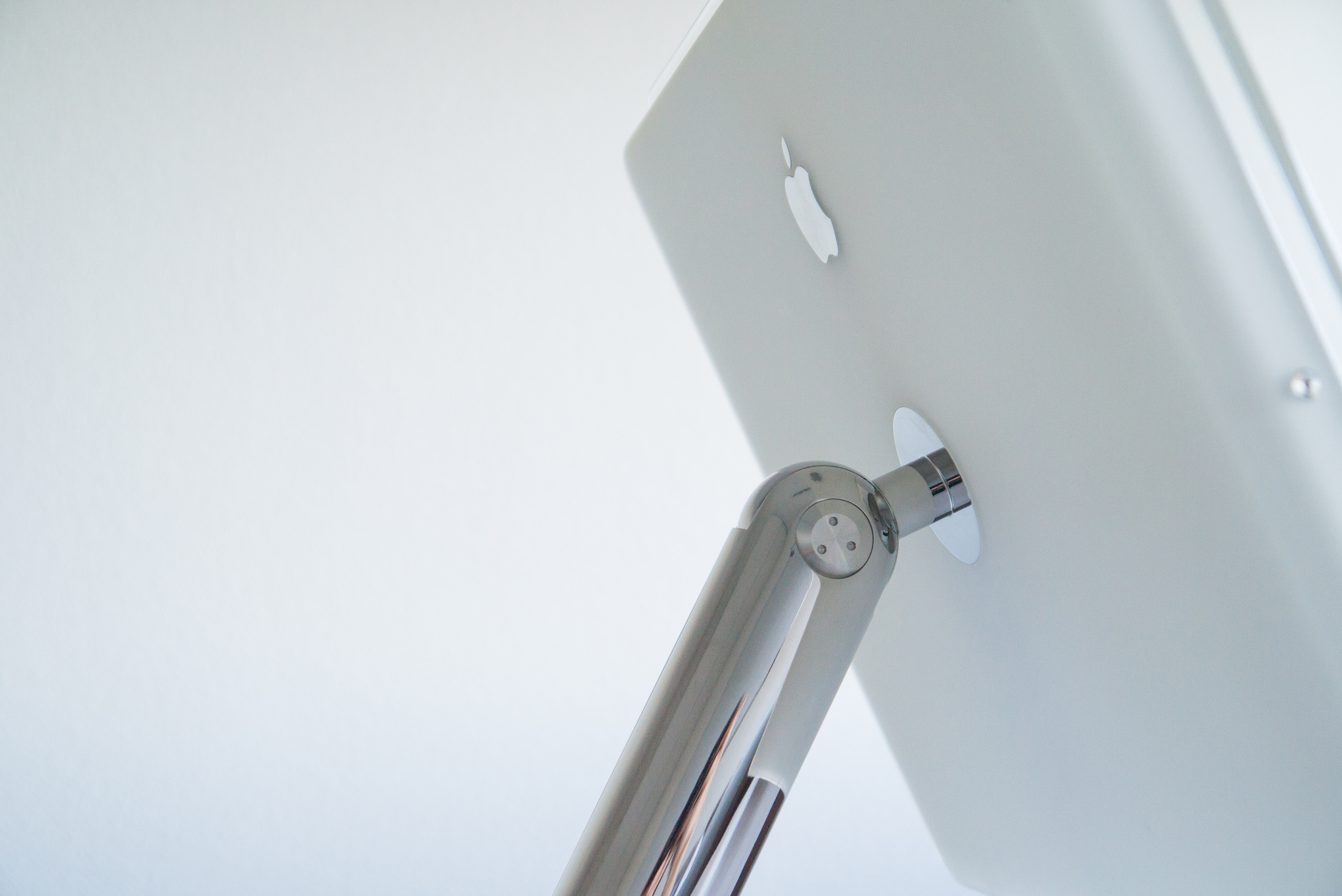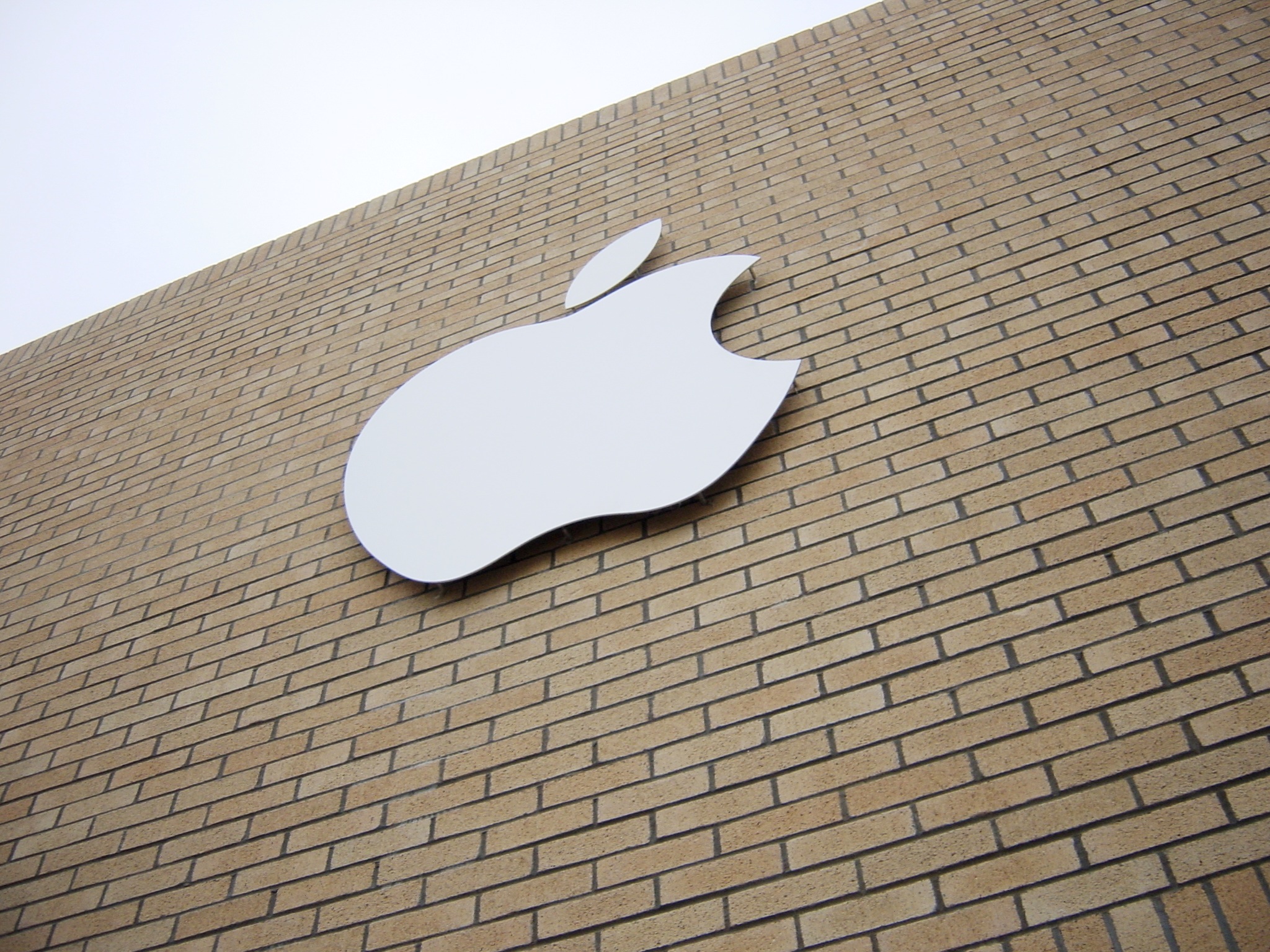Washington mourned the death of Ronald Reagan this week. While sentimental and opportunity for people to pay last respects, the mourning struck me, as it always does, somewhat misplaced. Why show so much respect for the dead when the living could use it more?
I understand that Alzheimer’s gripped the former president and that maybe he couldn’t appreciate friends or fellowship the way he used to. What about the family? Particularly considering the seriousness of his illness?










